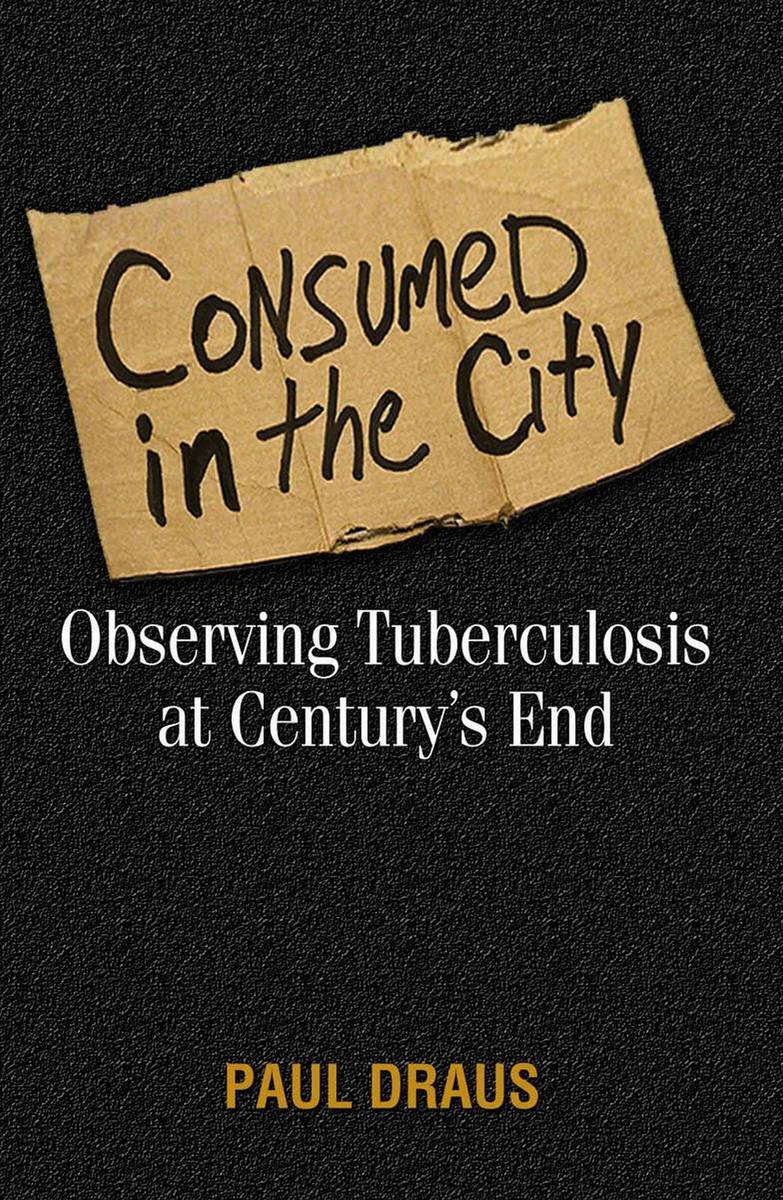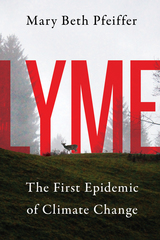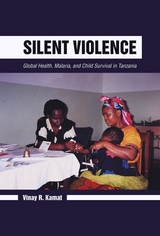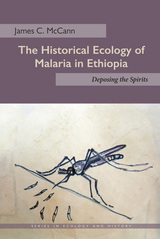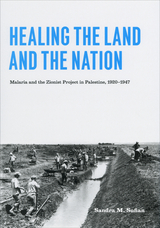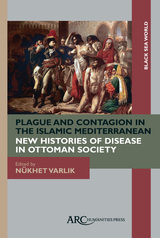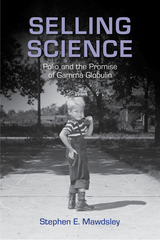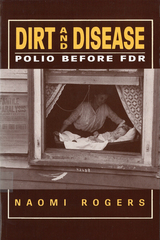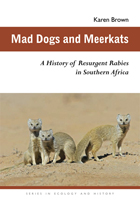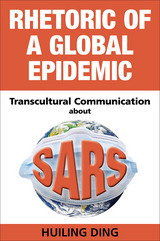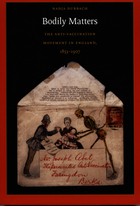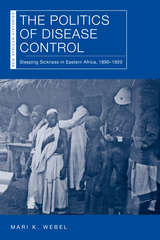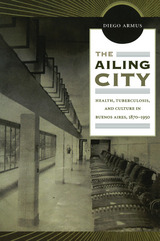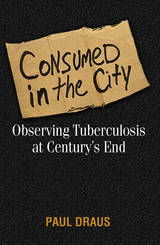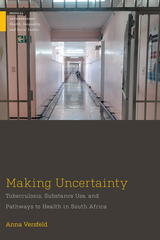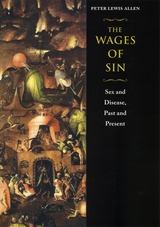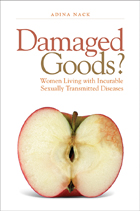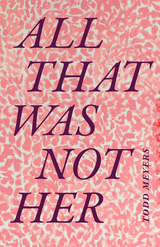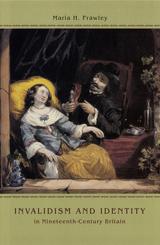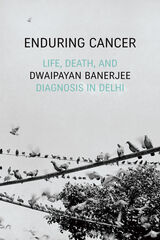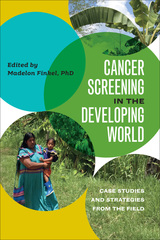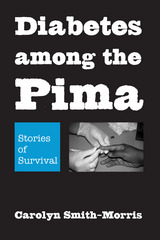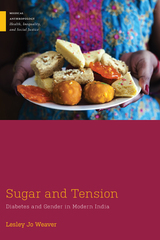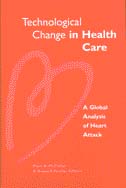Consumed In The City: Observing Tuberculosis At Century'S End
Temple University Press, 2004
eISBN: 978-1-59213-770-1 | Paper: 978-1-59213-249-2 | Cloth: 978-1-59213-248-5
Library of Congress Classification RA644.T7D738 2004
Dewey Decimal Classification 362.196995009747
eISBN: 978-1-59213-770-1 | Paper: 978-1-59213-249-2 | Cloth: 978-1-59213-248-5
Library of Congress Classification RA644.T7D738 2004
Dewey Decimal Classification 362.196995009747
ABOUT THIS BOOK | AUTHOR BIOGRAPHY | REVIEWS | TOC | REQUEST ACCESSIBLE FILE
ABOUT THIS BOOK
As a public health field worker assigned to control tuberculosis in New York and Chicago in the 1990s, Paul Draus encountered the horrible effects of tuberculosis resurgence in urban areas, and the intersections of disease, blight, and poverty. Consumed in the City grows out of his experiences and offers a persuasive case for thinking about—and treating—tuberculosis as an inseparable component of the scourges of poverty, homelessness, AIDS, and drug abuse. It is impossible, Draus argues, to treat and eliminate tuberculosis without also treating the social ills that underlie the new epidemic. Paul Draus begins by describing his own on-the-job training as a field worker, then places the resurgence of tuberculosis into historical and sociological perspective. He vividly describes his experiences in hospital rooms, clinics, jails, housing projects, urban streets, and other social settings where tuberculosis is often encountered and treated. Using case studies, he demonstrates how social problems affect the success or failure of actual treatment. Finally, Draus suggests how a reformed public health agenda could help institute the changes required to defeat a deadly new epidemic. At once a personal account and a concrete plan for rethinking the role of public health, Consumed in the City marks a significant intervention in the way we think about the entangled crises of urban dislocation, poverty, and disease.
See other books on: Epidemiology | Health Policy | Public health | Tuberculosis | Urban health
See other titles from Temple University Press
